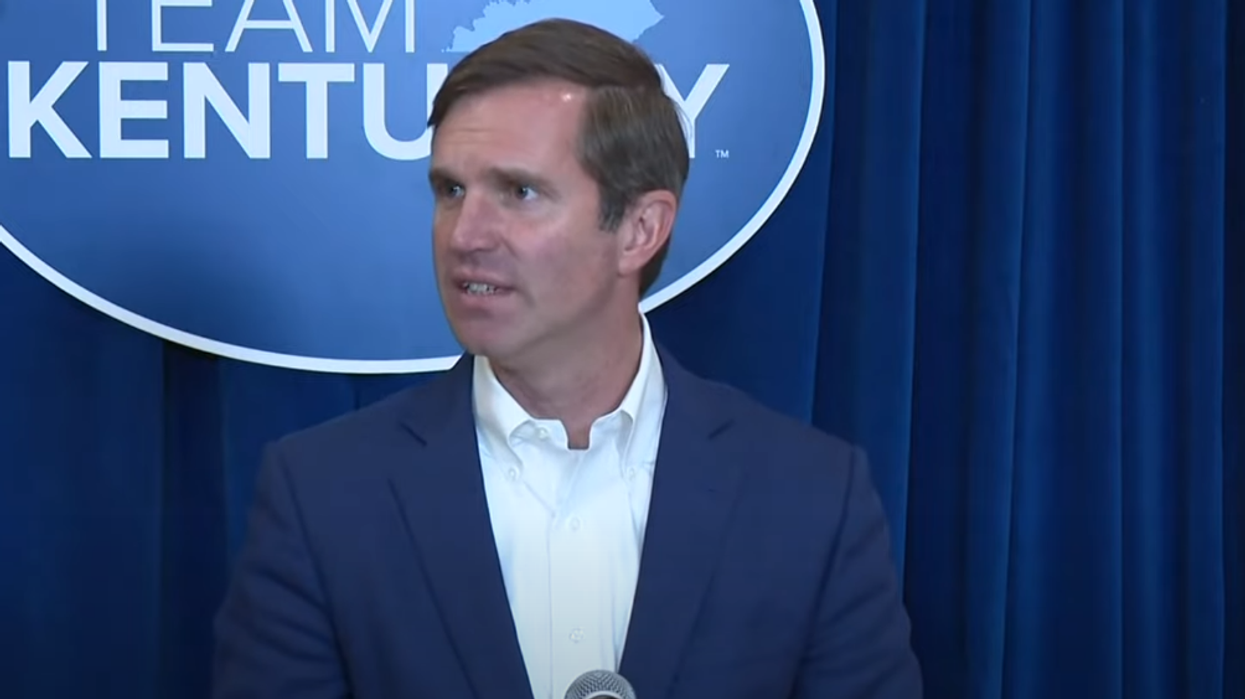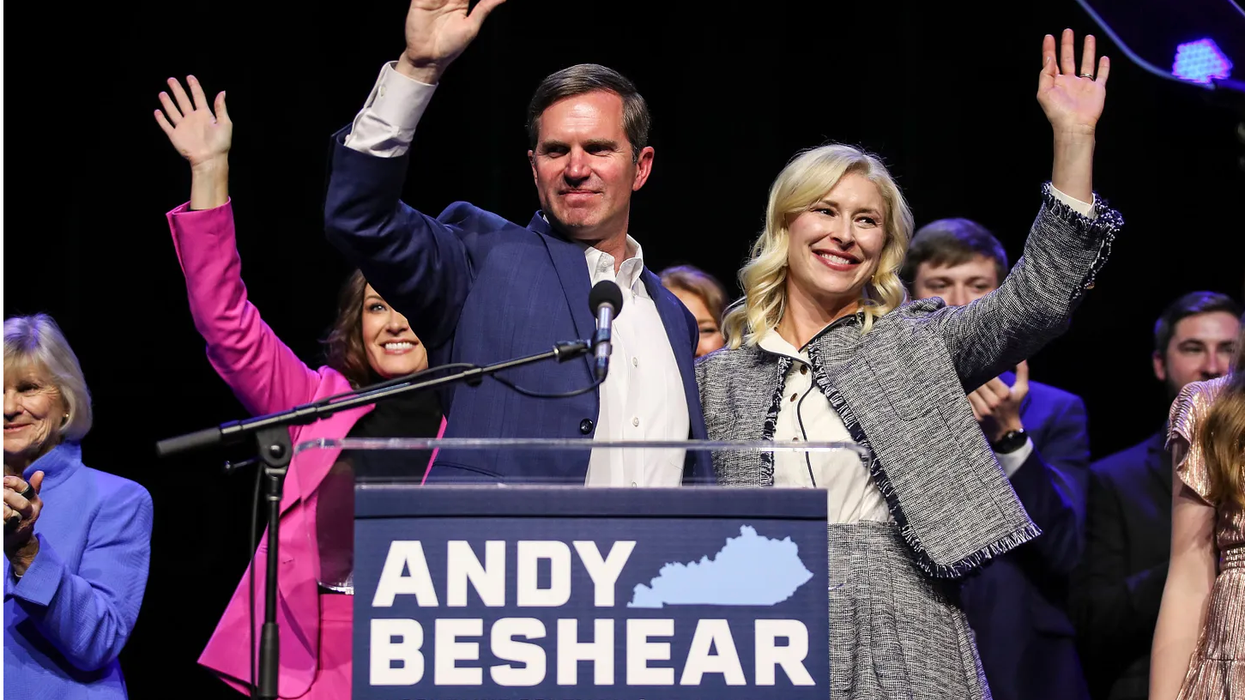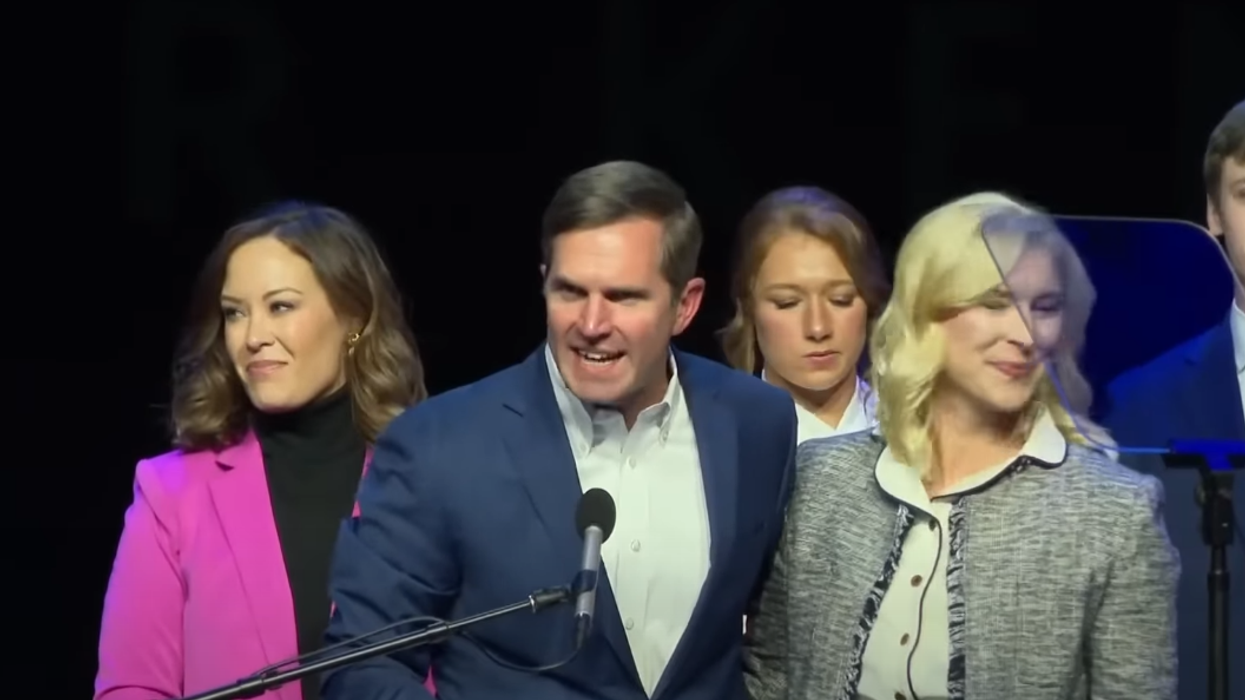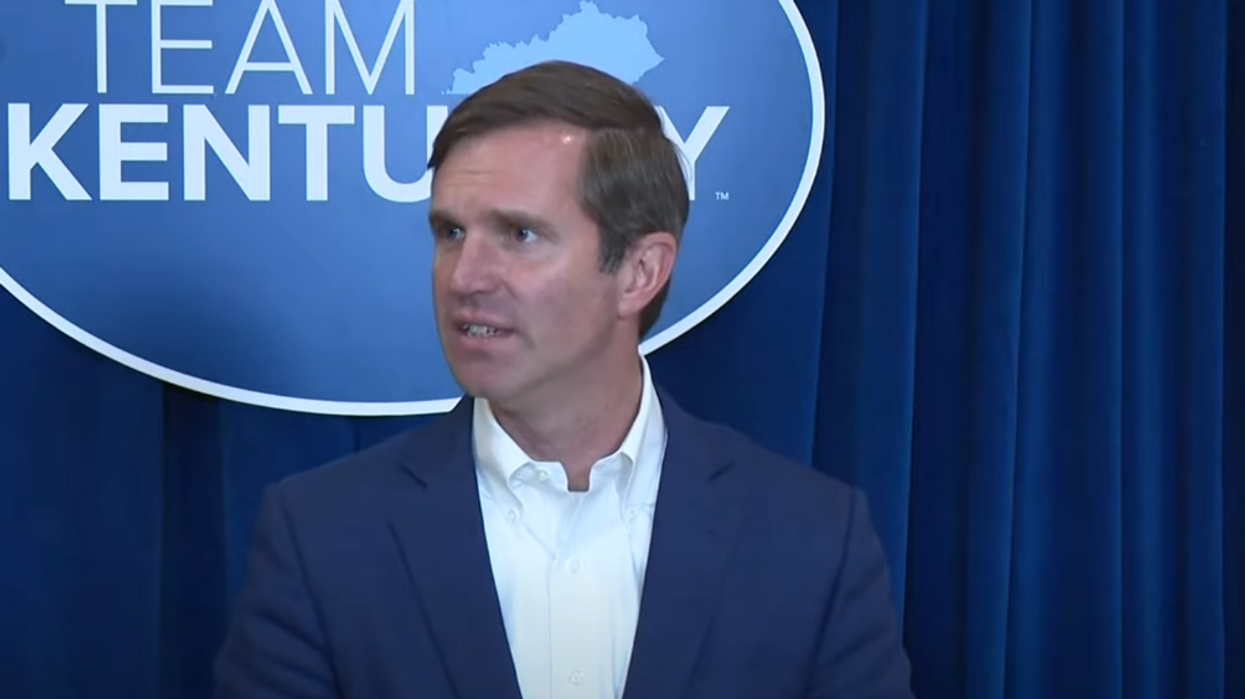Here is my big prediction for November, 2024: the Arkansas Razorbacks will not lose to Alabama in football.
The two teams don’t play each other.
Otherwise, I’ll leave the prognostication to the football-obsessed guys on SportsTalk radio. In Little Rock, where I live, they talk of nothing else for weeks and months at a time. As a card-carrying Yankee living in SEC country, I’ve long wondered what is wrong with these people? It’s pretty much all college football, all the time. Many act as if their lives depend upon it.
Even as a guy who begins every day with the sports page, married to a (baseball) coach’s daughter who thinks it’s normal to watch a ballgame pretty much every day, and who often watches with me, these people wear me out. It’s one reason I’ve made relatively few friends among Southern men.
Hey, y’all, lighten up. It’s supposed to be fun. You know, a game.
When it comes to guessing the future, however, even the most perfervid SEC football fan has nothing on the national political press. Day after day, we’re told who’s trending up or down, and which candidate is most apt to win the 2024 presidential election. Pollsters are treated like oracles, seers who can envision future political events and tell us what’s going to happen.
The cable TV news networks are, if anything, even worse. With hours to fill every day, they bring us oddsmakers and necromancers of every kind and description, pronouncing upon who’s trending up, down and sideways. Has Nikki Haley edged ahead of Ron DeSantis? How is Joe Biden trending today as compared to yesterday? Literally. Political websites such as 538.com and Real Clear Politics consist of little else.
And yet the most remarkable thing about the lot, as my old friend James Fallows has pointed out on his “Breaking the News” Substack, is how relentlessly wrong most of them are most of the time. Never mind the widely predicted congressional “Red Wave” of 2022 which simply failed to materialize. Consider this month's election results in Ohio, Kentucky, and Virginia.
In the supposedly “red” state of Ohio, voters passed an amendment by a strong margin putting reproductive rights into the state’s constitution. In equally red Kentucky, Democratic Gov. Andy Beshear was re-elected easily over a Trump-endorsed opponent, while Republican Gov. Glenn Youngkin’s plan to push for a 15-week abortion ban in Virginia was stymied when voters there turned over both houses of the state legislature to Democrats.
None of these results was widely forecast to happen.
The Ohio abortion-rights referendum, Fallows writes “was one of many ‘surprisingly’ large victories for Democrats and progressives in post-2016 elections, and of similarly ‘unexpected’ setbacks for GOP culture-warriors once exposed to voters outside the MAGA base. What should the press learn from these repeated surprises?”
Basically, to quit playing fortune teller and do some real reporting about what’s going on in the country. “The political press” Fallows notes “is very bad at forecasting how elections will turn out. Its track record is worse than for other professional groups whose supposed expertise is predicting future outcomes. Weather forecasters, let’s say. Or bookies. Or economic analysts or military strategists. And the gap appears to be widening. Weather forecasts are stunningly more precise than a generation ago. Political prognostications seem if anything worse.”
Consider, for example, the big play given by the New York Times to a poll published one year before the 2024 election showing Joe Biden losing to Donald Trump in a half-dozen “swing” states. (Going back to the Clinton administration, you can pretty much depend on the allegedly liberal newspaper to rain on any Democratic parade.)
Fallows brings history to bear on the topic. In 1983, for example, Ronald Reagan trailed Democrat John Glenn by eight points according to Gallup. In 1984, he won a thunderous majority.
In 1995, polls gave Bill Clinton little chance of being re-elected. He won by nine points in 1996.
According to Gallup, Barrack Obama trailed a “generic Republican” rival by eight points one year before the 2012 election. He defeated Mitt Romney comfortably.
None of which means Joe Biden has re-election in the bag. What it does show is that telephone polls have never meant much this far out from an election, and that given peoples’ widespread reluctance to answer unknown callers, they’re now probably less useful than ever. You’d do about as well using wooly bear caterpillars or persimmon seeds to predict the winter weather. Huckleberry Finn’s magic hairball also comes to mind.
Given the number of imponderables out there in the world—the U.S. economy, the Hamas-Israeli war, the Russian invasion of Ukraine, and so on —expending time and energy on political opinion polls would be sheer folly. Better some real reporting about what’s going on in people’s lives and how they’re coping than the latest horse race tips from Fox News or CNN.
Gene Lyons is a former columnist for the Arkansas Democrat-Gazette, a winner of the National Magazine Award, and co-author of The Hunting of the President.












